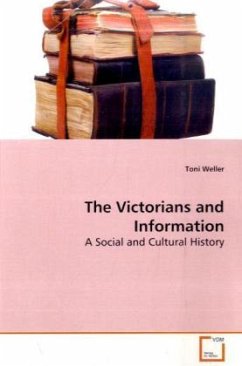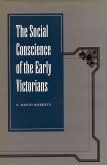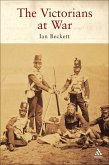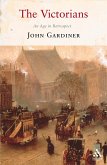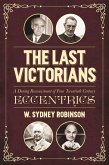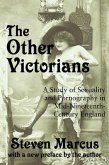We are said to be living in an information world, but
as early as 1853, The Times was writing of an age of
information . Historical interest in our contemporary
information age and in the historical tools and
techniques of information processing and management
has been the subject of much recent information
history scholarship. This book offers a contrast to
existing technologically driven histories of the
information age. It explores the Victorians
relationship with information and knowledge from a
social and cultural perspective and challenges the
chronology of modern information. Using primary
source material, the book explores case studies of
individuals as well more detailed examination of
etiquette books, periodicals, and the Channel Tunnel
panics of the 1880s. In "The Victorians and
Information", Dr Toni Weller argues that the
nineteenth century formed the crux point between
pre-modern, and what we would now recognise as
modern, conceptualisations of information. This book
will be of interest to historians, information
scholars and students, as well as anyone with a more
general curiosity in the social and cultural history
of our contemporary information world.
as early as 1853, The Times was writing of an age of
information . Historical interest in our contemporary
information age and in the historical tools and
techniques of information processing and management
has been the subject of much recent information
history scholarship. This book offers a contrast to
existing technologically driven histories of the
information age. It explores the Victorians
relationship with information and knowledge from a
social and cultural perspective and challenges the
chronology of modern information. Using primary
source material, the book explores case studies of
individuals as well more detailed examination of
etiquette books, periodicals, and the Channel Tunnel
panics of the 1880s. In "The Victorians and
Information", Dr Toni Weller argues that the
nineteenth century formed the crux point between
pre-modern, and what we would now recognise as
modern, conceptualisations of information. This book
will be of interest to historians, information
scholars and students, as well as anyone with a more
general curiosity in the social and cultural history
of our contemporary information world.

